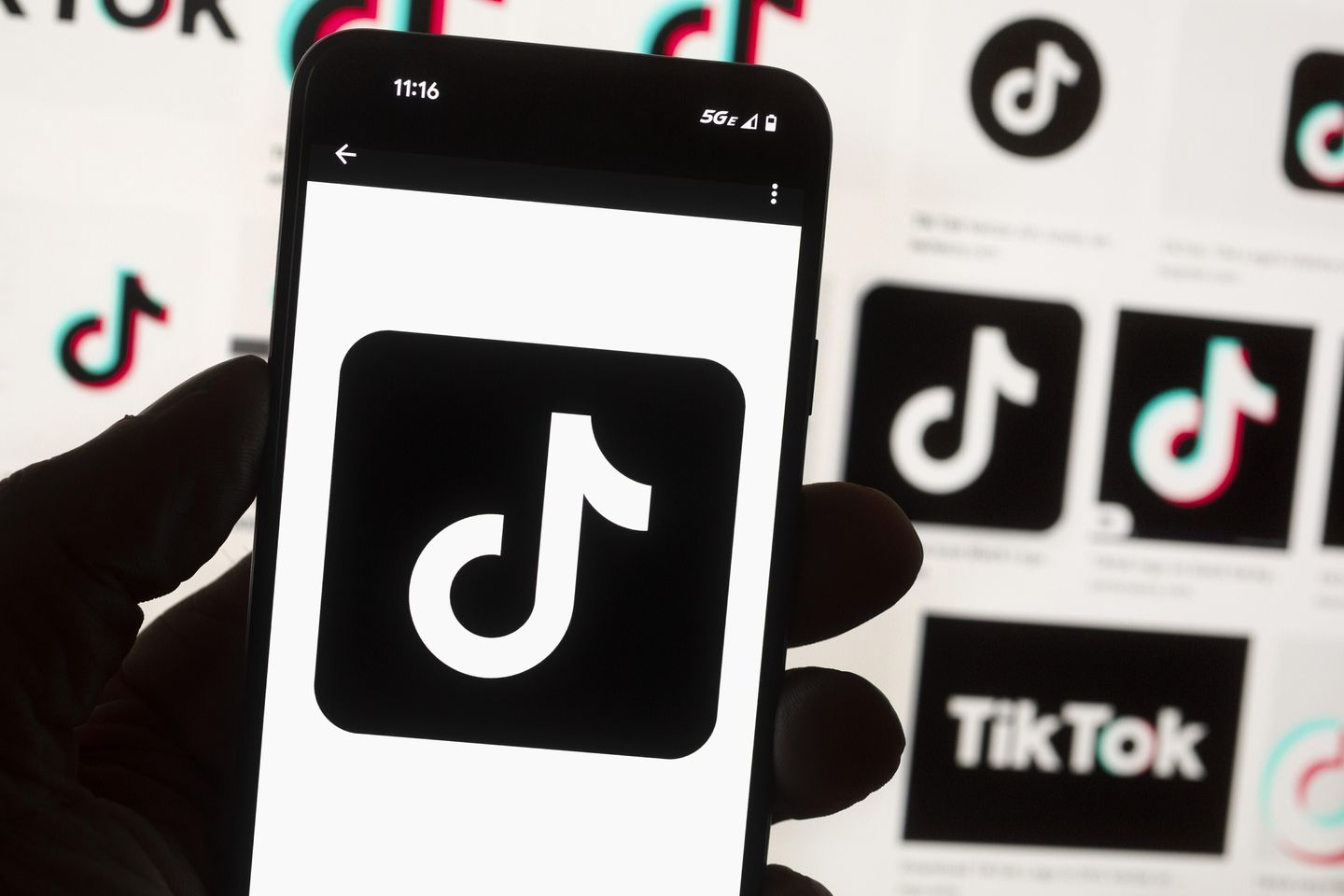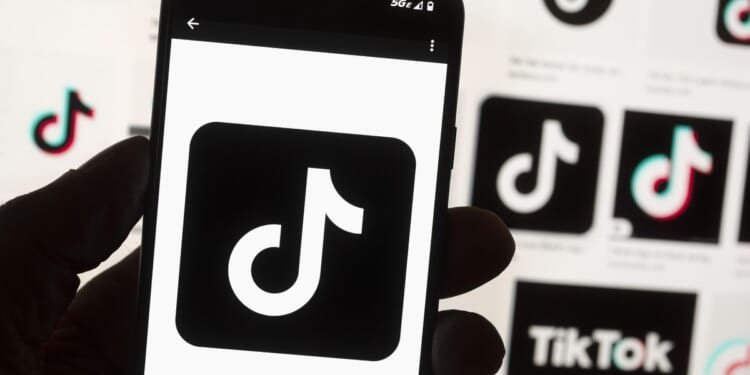
TikTok sued the U.S. government Tuesday, arguing that a looming ban on the social media company is unconstitutional.
The case raises questions about the dangers of social media, national security concerns over China’s exploitation of the platform, First Amendment rights and the extent of congressional power.
TikTok urged judges to focus on free speech claims, saying it’s not the company but its users who are being silenced by the pending ban.
“For the first time in history, Congress has enacted a law that subjects a single, named speech platform to a permanent, nationwide ban, and bars every American from participating in a unique online community with more than 1 billion people worldwide,” the company said in the 70-page complaint, filed in the federal appeals court in Washington, D.C.
TikTok and ByteDance, the platform’s corporate owner, said Congress gave them an impossible choice: Sell the company or close shop within about a year.
The lawsuit had been expected since President Biden last month signed a foreign aid spending bill that included the ban, officially known as the Protecting Americans from Foreign Adversary Controlled Applications Act.
TikTok‘s critics, including U.S. defense and intelligence community officials, say the platform is part of a Chinese scheme to interfere in U.S. politics, that it’s being used as a method to collect troves of information on American users and that the app lets Chinese operatives install nefarious software on devices.
TikTok is already banned on government agency devices under a previous law, with backers citing the national security worries.
One-third of U.S. adults use TikTok, according to a Pew Research Center study in February. It is particularly popular with adults ages 18-34.
Overall, TikTok ranks fifth in social media platforms, up from 9th place in 2021. Pew said it still trails YouTube, Facebook, Instagram and Pinterest, and ranks just ahead of LinkedIn and WhatsApp.
The looming ban is generally popular with Americans.
An ABC News/Ipsos poll released Tuesday found 51% backed the idea of forcing TikTok to be sold to a non-Chinese company, with 46% opposed. If ByteDance doesn’t sell, 53% said they backed a ban on its use.
TikTok, in its lawsuit, said letting Congress ban use of a platform over national security concerns would be setting a dangerous precedent that could lead to orders shutting down a newspaper or website the government disagreed with.
The Washington Times has reached out to the Justice Department for this story.
The company said it had been working on an agreement with the Biden administration to assuage national security concerns, but those talks broke down in 2022.
The discussions centered on ideas such as requiring that all U.S. users’ data would have to be stored in the cloud environment of Oracle, which would also be granted access to TikTok’s source code to look for vulnerabilities.
TikTok said that while the administration abandoned those talks, the company is taking steps to implement them voluntarily and has spent $2 billion so far on the effort.
More broadly, TikTok has launched a massive public relations campaign to defend its place in the market, running ads featuring everyday Americans — ranging from small business owners to Catholic nuns — who say TikTok has become integral to their lives.
The suit delivers another major Internet Age case to courts that are still grappling with the implications of an always-wired world.
The Supreme Court this term is already pondering cases involving state-level attempts to rein in liberal bias in social media platforms. In another case, in March, the justices set rules for how judges should evaluate whether an elected official’s account is a public forum or a private voice.
In its previous term, the high court ruled against parties who challenged social media companies’ claims of immunity over how their algorithms select what content to promote to users. The challengers had argued the companies ended up fueling terrorism by sharing radicalizing content with people particularly susceptible to recruitment.












